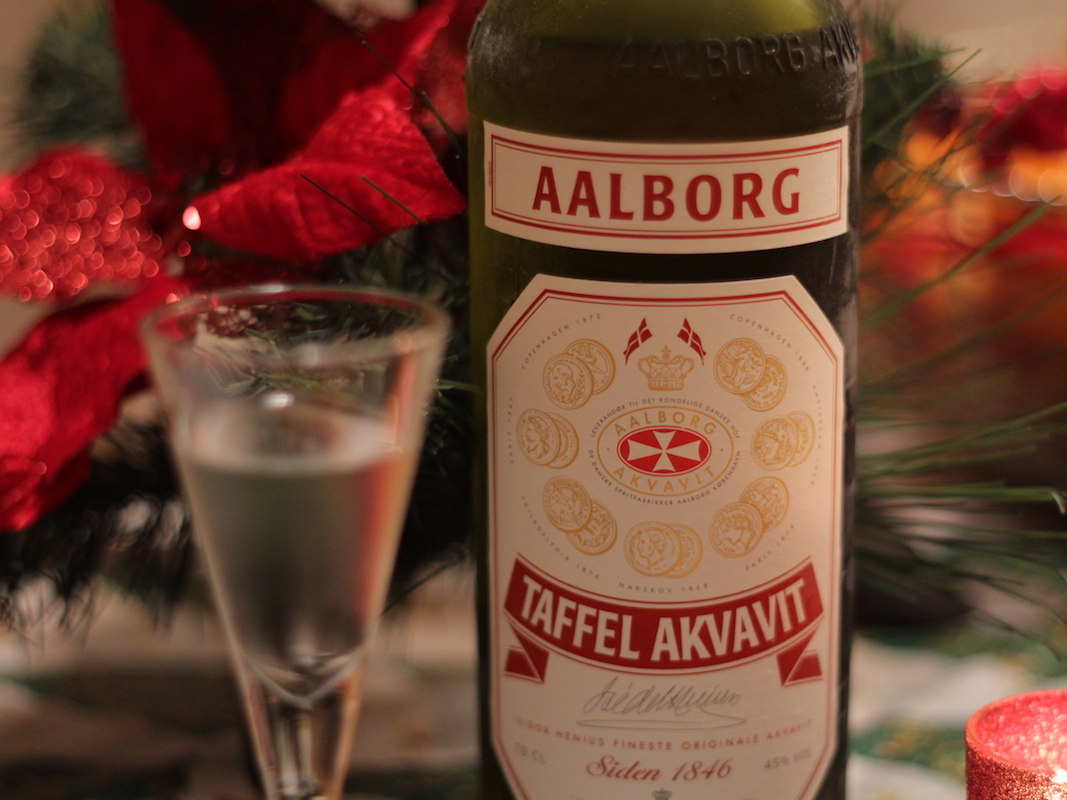Pimm’s, tequila, vodka – many countries have drinks which form a huge part of that national heritage. Whilst some can be found all over the globe, others are a secret kept for the locals.
Online casino JohnSlots have created an interactive new graphic showing 19 obscure drinks from around the world that you probably haven’t tried.
The list spans beers, spirits, and liqueurs, with unusual ingredients ranging from artichokes to aniseed.
Some are so culturally specific that you’d struggle to find them anywhere except the places where they’re made, and many have their own drinking rituals and traditions.
Although you may have heard of a few, like British mead or Norwegian gløgg, this definitely isn't a menu you'll find at your local pub.
AMARO, ITALY: The weirdest of Italy's many apéritifs and digestifs. This after-dinner liqueur can be flavoured with walnuts, artichokes, black truffle, and even rhubarb.

SUZE, FRANCE: An apéritif with earthy and floral notes, Suze is a slightly sweet bitters which works well in plenty of cocktail recipes. It's made from gentian, a root that grows in the French mountains.
http://instagr.am/p/BXAmWkalqCR
KVASS, RUSSIA: This fizzy drink is made of rye bread, and only just counts as alcohol. Kvass, developed as an alternative to Coca-Cola, typically has an alcohol content between 0.5% and 1%.

PATXARAN, SPAIN: This sweet liqueur is made with coffee, sloe berries, and cinnamon or anise. It's best served over ice after dinner.

CHICHA DE JORA, PERU: This is a beer made from jora corn, and the recipe dates back to Inca times. In Peru's Sacred Valley, it is tradition to spill the first sip of this sweet and sharp brew as an offering to the Earth Mother.

JENEVER, NETHERLANDS: This juniper-flavoured liqueur is gin's less famous predecessor. Jenever is usually taken straight, as a shot, or as a chaser after beer.
http://instagr.am/p/BXBY-kFAzgN
MAKGEOLLI, SOUTH KOREA: This semi-sweet milky drink is made by mixing wheat or rice with a Korean fermentation agent. Makgeolli has as much alcohol as a strong beer, between 6% and 8%.

LAKKA, FINLAND: Made by fermenting cloudberries for up to six months, Lakka is a sweet and rich liqueur. Lakka is also the Finnish word for cloudberry — a golden fruit similar in shape and size to a raspberry.

AKVAVIT, SWEDEN: This spirit has a distinctly herbal taste, and often uses caraway or dill as a key ingredient. Akvavit, which translates literally as "water of life", is a shot saved for celebrations and is often consumed after snapsvisa, or drinking song.

SLJIVOVICA, SERBIA: This plum brandy, found across eastern Europe, is best enjoyed at room temperature. Sljivovica is made from damson plums and often brewed at home.

ARAGH SAGI, IRAN: This outlawed spirit contains 65% alcohol, and had to be produced as an underground movement after Iran's 1979 revolution ended in a blanket ban on alcohol. Flavoured with raisins and dates, Aragh Sagi can still be purchased in other countries.
http://instagr.am/p/BR6Rurhh3My
BREM, INDONESIA: This beer-like, made on the island of Bali, plays a role in Hindu temple ceremonies called Tetabuhan. Brem is offered to Kala the Giant — the god of the underworld, time, and destruction —to bring peace and balance to their relationship with the god.

KRÄUTERLIKÖR, GERMANY: This is a strong and bitter liqueur made with herbs and spices. Usually taken neat, this digestif dates back to Medieval times where it was used as medicine.

FENI, INDIA: Made in Goa, this cashew nut or coconut palm toddy is made in small batches to retain the drink's delicate flavours and aromas.
http://instagr.am/p/BU_eg6bglNc
GLØGG, NORWAY: Gløgg is a variation of mulled wine that's drunk in Norway between Halloween and Christmas. It's flavoured with ingredients like red wine, almonds, cinnamon, raisins, cardamom, and cloves.

MEAD, UK: Known for its characteristic sweetness, mead is one of the oldest alcoholic beverages still produced. It is made by fermenting honey with water, and has an alcoholic content ranging from 8% to 20%.

HANINI, MALTA: Hanini is a carob-flavoured liqueur consumed across Malta and the Mediterranean. The name of this digestif is also widely used as a term of endearment in the country.
http://instagr.am/p/BW-31kBHfI7
TSIPOURO, GREECE: This distilled spirit is traditionally made from fermented grapes and anise in Thessaly and can be enjoyed either warmed or chilled.

GAMMEL DANSK, DENMARK: This bitter liqueur is usually reserved for wedding receptions and other celebrations. Its complicated and unusual list of ingredients include star anise, laurel, angelica, and rowan berry, however the complete recipe is a secret.


